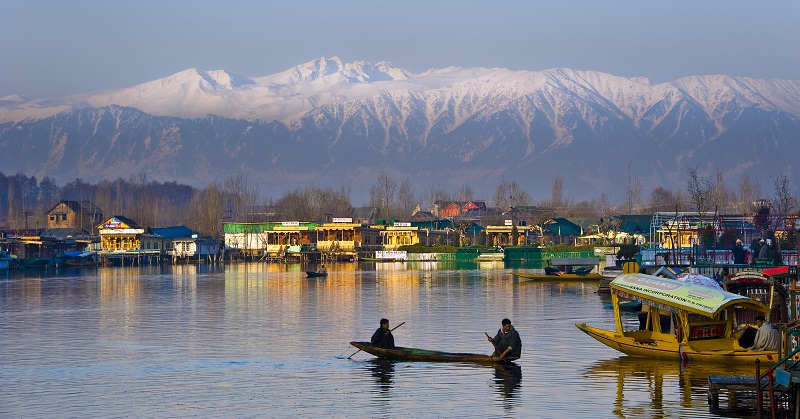
On August 5, 2019, in its bid to fulfil the electoral promise, the government revoked Article 370 to take away Jammu and Kashmir’s special status and proposed the bifurcation of the state into two union territories namely Jammu and Kashmir and Ladakh. Surely it’s a bold and worth appreciating move by the centre to unify India. It’s a far-reaching decision which primarily aims at drawing the map and future of a region amidst protracted militancy movement.
In less than ninety days after Modi 2.0 government came into power, BJP left no stone unturned to fulfill its electoral promise. Union Home Minister Amit Shah announced the decision in Rajya Sabha which approved both the revocation of Article 370 and Jammu and Kashmir reorganisation bill. Surely August 5, 2019 will be remembered as a golden day for Indian Democracy. The key figures who played a significant role in achieving this goal are Prime Minister Narendra Modi, Union Home Minister Amit Shah, Minister of External Affairs Subhrahmanyam Jaishankar and National Security Advisor Ajit Doval.
ADVERTISEMENT
Article 370 gave a special status to Jammu and Kashmir thus separating it from the law and order of rest of the country as no parliamentary decisions and rules applied here. Here are the changes which Jammu and Kashmir will undergo after revocation of Article 370.
1. Separate constitution
Earlier- Jammu and Kashmir was the only state in the country with a separate constitution as per the provisions mentioned in Article 370, a temporary provision which grants special autonomous status to Jammu and Kashmir.
Now- After revocation of Article 370, the special provision which grants Jammu and Kashmir the power to have its own constitution will also be revoked. Now J&K will adhere to constitution of India like rest of the country.
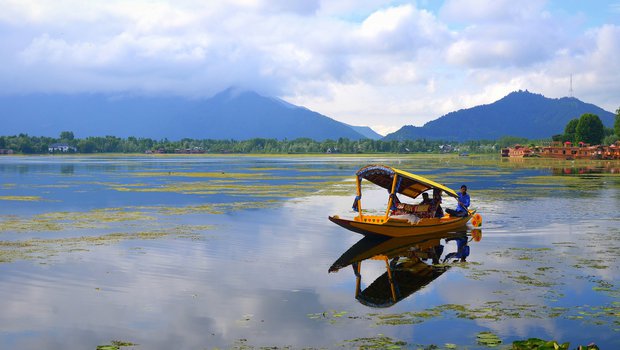
2. Right to buy property
Earlier- Article 35A which is based on Article 370 empowered the Jammu and Kashmir legislature to define the state’s permanent residents and grant them special rights and privileges to buy property and non-residents did not had the right to buy property in J&K.
ADVERTISEMENT
Now- With the scrapping of Article 370 and Article 35A, people living outside Jammu and Kashmir will also have the right to buy property in J&K and settle there.
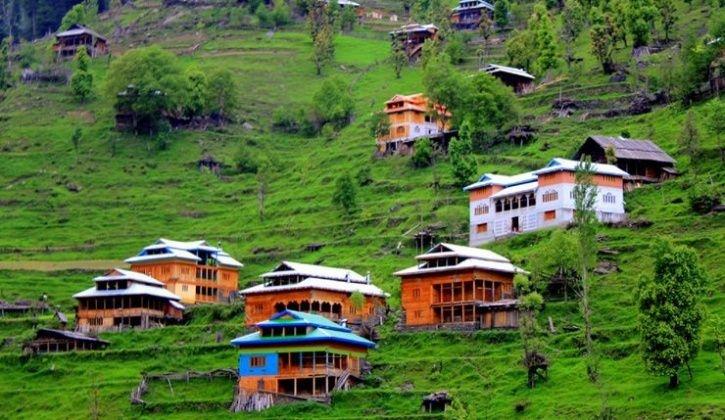
3. Law and order
Earlier- Earlier Jammu and Kashmir had special provisions and only laws of the state government used to apply here.
Now- Following the bifurcation of J&K into two union territories, the law and order machinery will need to be restructured. The government can structure the power sharing model on the lines of Delhi and Puducherry. In Delhi law and order is under the control of central government while in Puducherry it is under the control of state.
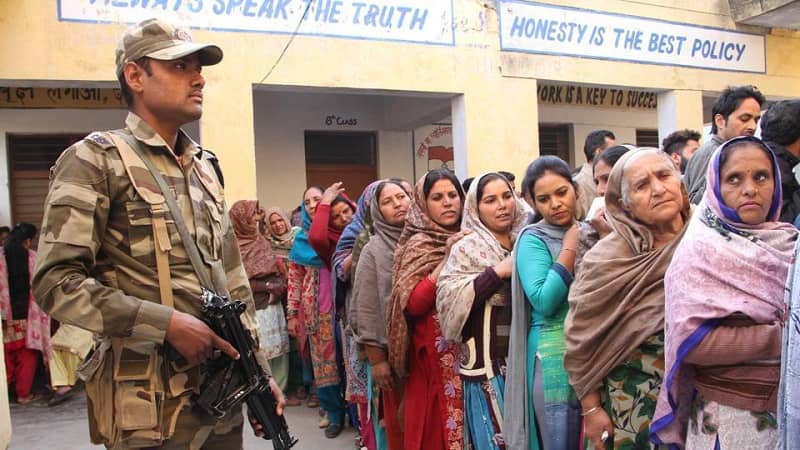
4. Central laws
Earlier- The central government had to seek approval of the state legislature to draft and enact laws.
Now- The central laws will automatically apply to the state as rest other states in the country.
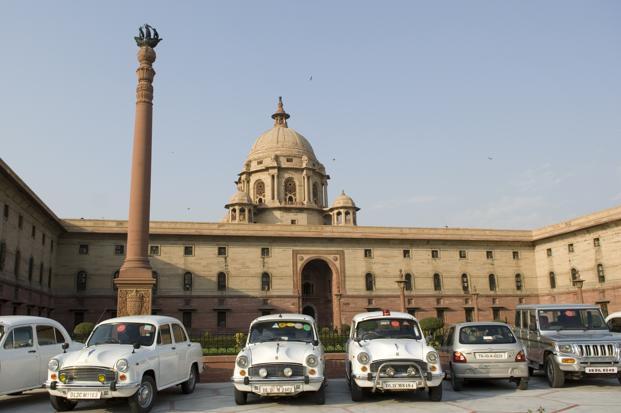
5. Separate flag
Earlier- Under the provisions of Article 370, Jammu and Kashmir had the special provision to have its own flag alongwith the national flag.
ADVERTISEMENT
Now- After the revocation of Article 370, the state will not have its separate flag and will be having the national flag at par with rest of the country.
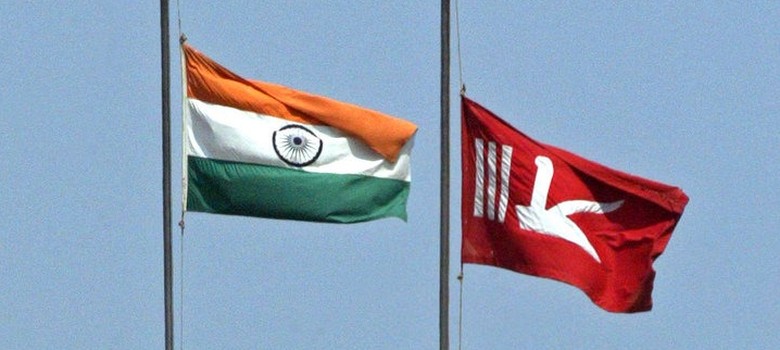
6. Right to citizenship
Earlier- The citizens of J&K enjoyed dual citizenship which was of the state and India both.
Now- The citizens will have only one citizenship of India which will be prevalent across the state.
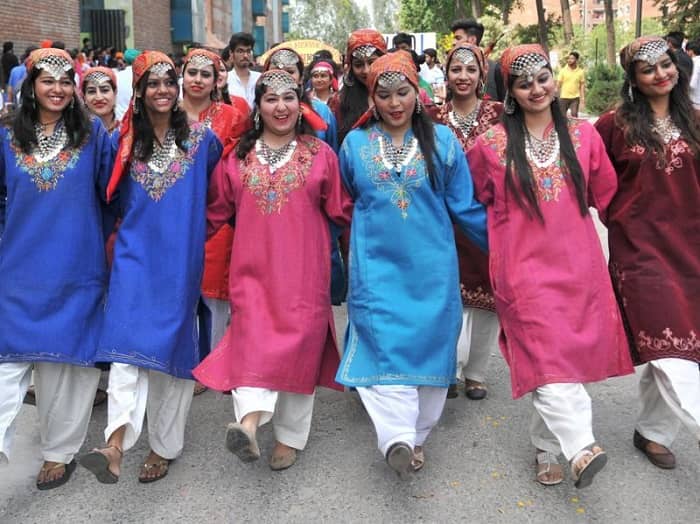
7. Fundamental rights of citizens
Earlier- The citizens did not enjoy the fundamental rights like rest of the citizens of the country. Article 370 provided them rights only in accordance of the state which granted them property and citizenship rights.
ADVERTISEMENT
Now- The citizens of J&K will enjoy the same fundamental rights as enjoyed by citizens of other states in the country.
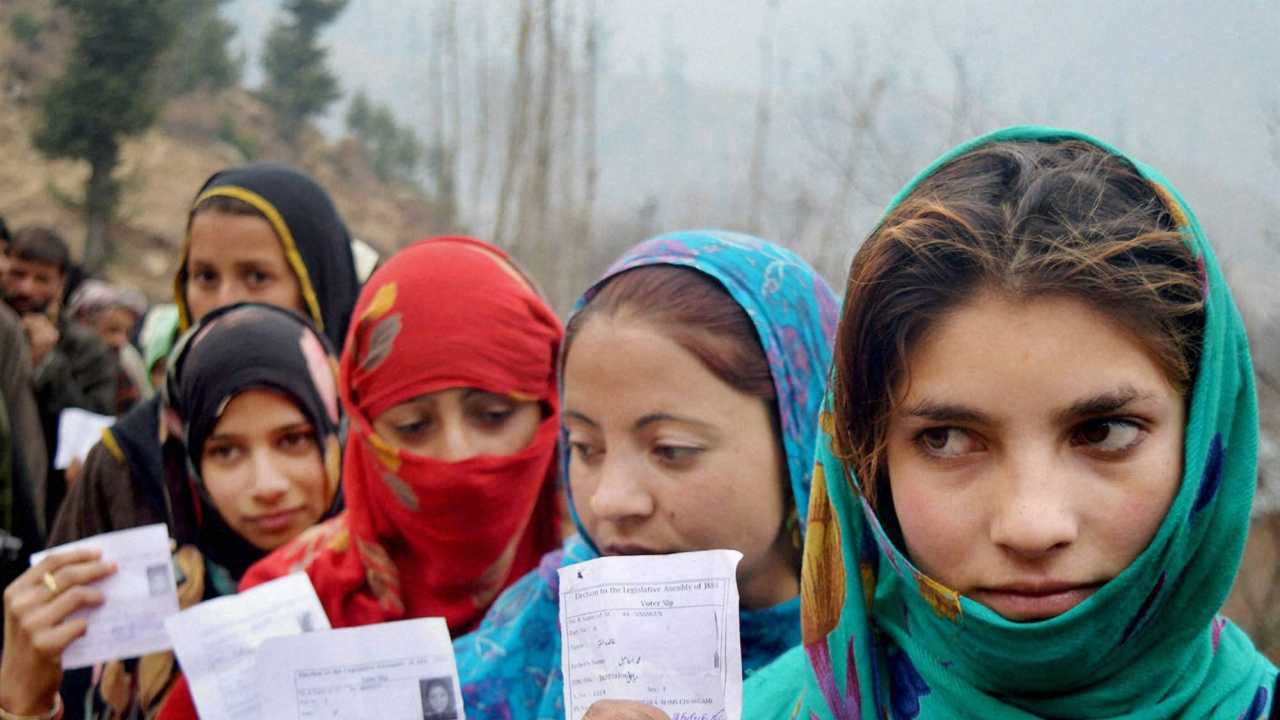
8. Geographical changes
Earlier- Jammu and Kashmir was a state of India having special provisions where Ladakh was part of the state.
Now- The state has been bifurcated into two separate union territories namely Jammu and Kashmir and Ladakh.
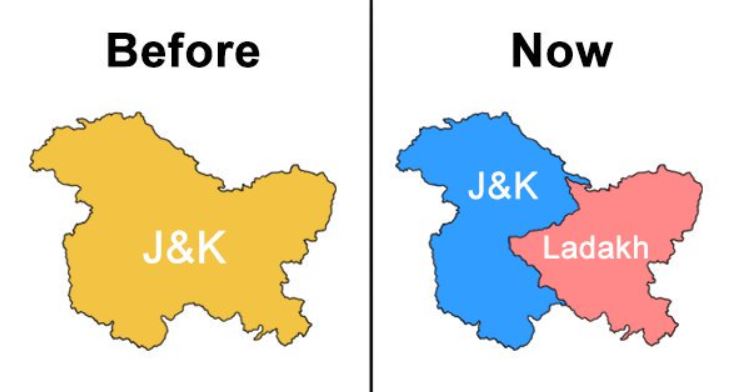
9. National anthem
Earlier- Under the provision of Article 370, Jammu and Kashmir had two National Anthem, one of the state and other of the country.
ADVERTISEMENT
Now- After revocation of Article 370, J&K will have only one National Anthem and that is of the country.
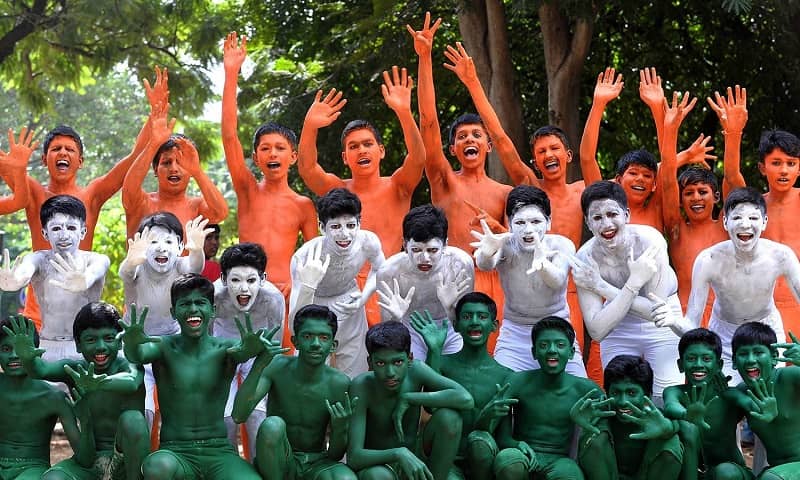
10. Application of parliamentary laws
Earlier- Except for defence, foreign affairs, finance and communications, the parliament needed the approval of state government for applying any laws.
Now- The parliament is eligible to apply any laws without the approval of state government and the parliament can even change the name and boundaries of the state.
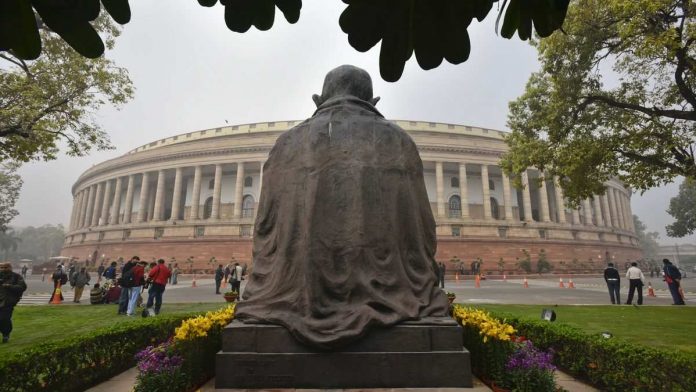
11. Marriage laws
Earlier- The individuals married to non-state residents lost all the privileges granted to them under Article 370.
ADVERTISEMENT
Now- After the scrapping of Article 370, the citizens of J&K are eligible to marry non-state residents.
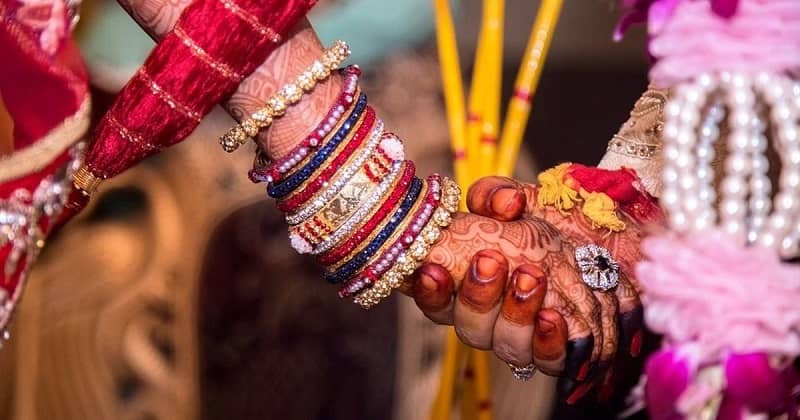
12. Succession laws
Earlier- The woman who married a non-state resident and her children lost the right of inheritance to property in Jammu and Kashmir.
Now- Women will be eligible to marry non-state residents and she and her children will not lose the right to inheritance of property.
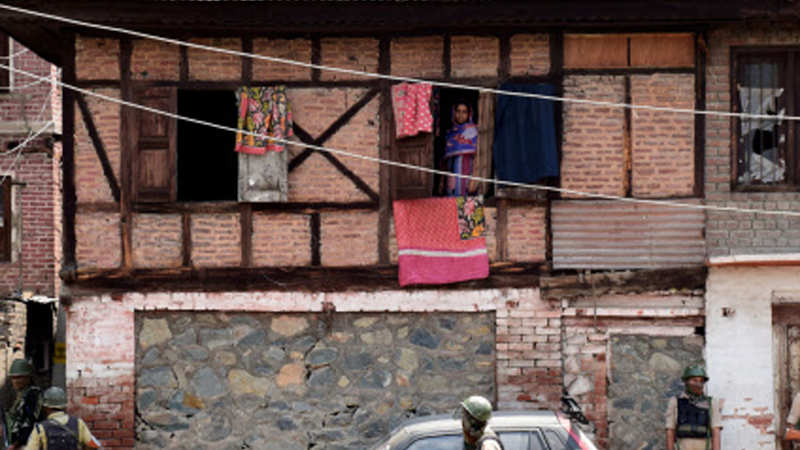
ADVERTISEMENT
ADVERTISEMENT











